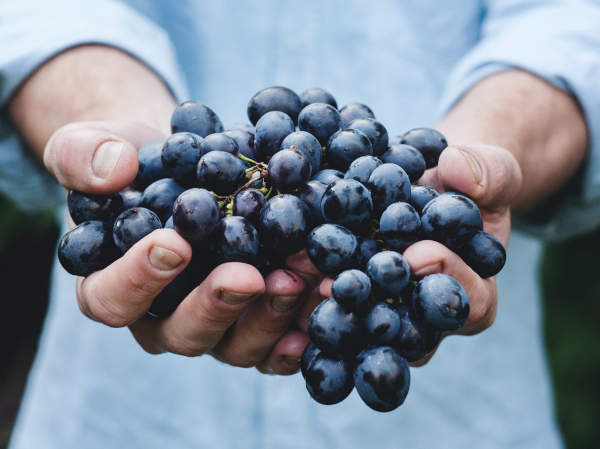Things to Love About Drinking Organic Wine

As agricultural technologies advance, both positive and negative outcomes can be observed in the wine production industry. Bigger plants, higher yields and a reduction in pests are all great ways humanity has improved farming when it comes to growing grapes. However, to obtain these results the techniques being used often include chemicals applied to the plants which can lead to contaminated grapes. Grape plants are a type of vine which are subject to many kinds of insect pests as well as fungal pests, and the plants require fertile soil for better yields. Long before our recent agricultural advancements, farmers could grow grapes for wine in a more natural way which we now call “organic farming.”
You may have noticed a growing Organic wine section at your local wine shop, and that’s because of the increasing interest in wines made in an organic way. Here are some benefits of Organic wines:
No Added Sulfites
If your wine is USDA certified organic, it cannot have any sulfites added to it! Sulfites may cause adverse reactions in wine drinkers including headaches and skin irritation. Keep in mind, there will always be a small presence of sulfites even in organic wine due to the wine making process, but the concentration must remain below a set limit (for USDA certification). Drinking organic wine can be much more enjoyable for those who suffer from any sulfite sensitivities.
Less Additives
Many wine producers do not have to list products that they add to their wine, which can include sugars, dyes and other chemicals to improve the taste of their wine. Organically produced wines have closely regulated additives which are more generally more natural in composition than allowed in non-organic wines. If you prefer drinking wine without a lot of synthetic additives, then organic wine is for you! Enjoy the natural flavors of the grapes that were carefully selected by winemakers and crafted into the wine you love – with less to get in the way of the taste.
No GMO
Organic food production does now allow the use of genetic engineering, so there’s no need to look for special GMO labeling – if your wine is organic, the grapes weren’t GMO.
Peace of Mind
Understanding how your wine was produced can help you feel at ease. Organic farming restricts the type of pesticides and fertilizers allowed to be used, most of which are natural in origin. Organic farmers also work very hard to maintain a balanced ecosystem at their farm so that they don’t need to use as many sprays or fertilizers. Your glass of wine is contributing to a better and more sustainable way of farming!
Consider trying an Organic wine next time you are at your local wine shop, you may be pleasantly surprised by how great you will feel.






